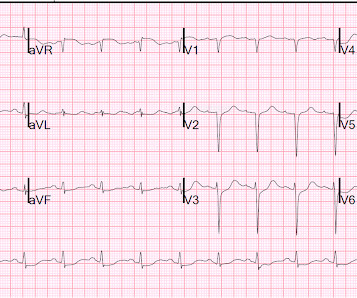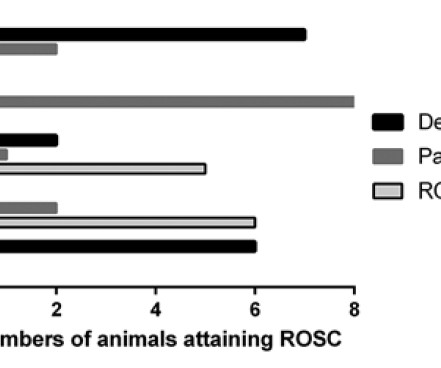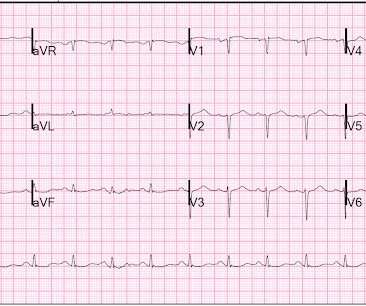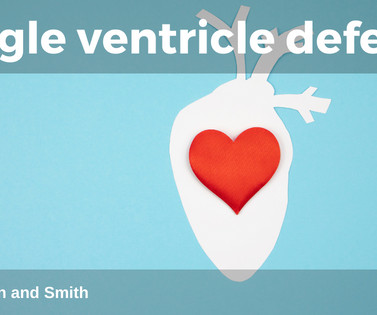Hypothermic Cardiac Arrest: Pearls and Pitfalls
EMDocs
JANUARY 16, 2024
Hypothermic Arrest In general, hypothermic patients in cardiac arrest should be aggressively resuscitated. Patients can have excellent outcomes despite prolonged resuscitation. 2,3 If the patient meets criteria for resuscitation, they generally are not declared dead until their core temperature is above 32℃ (“warm and dead”).

























Let's personalize your content